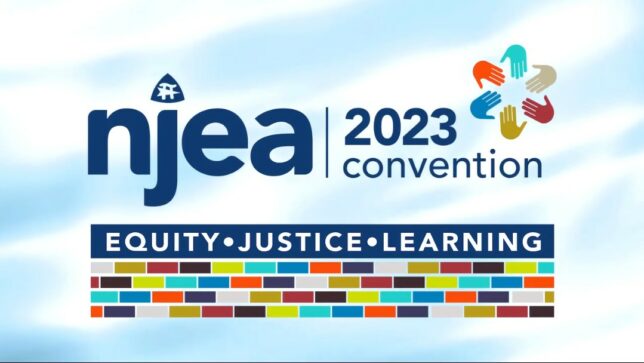Labor Watch
New Jersey Schools’ Segregation Problem


Most public schools in New Jersey closed for two weekdays in November 2023for teachers to attend the New Jersey Education Association Convention, which is held annually at the Atlantic City Convention Center. The New Jersey Education Association (NJEA) has around 200,000 members, often boasting that their state has the nation’s number one public educational system.
This is somewhat true. For instance, New Jersey is currently the third-best state in the nation in their educational ranking, beating out most other states. In addition, their teacher salaries average around $63,000 yearly, which is about $5,000 higher than the national average. Furthermore, New Jersey has low student-to-teacher ratios.
All this says that there are some elements that the New Jersey public school system does get right. Higher teacher salaries will always attract more qualified teachers, often the main component of a successful educational system. Lower student-to-teacher ratios make for a far more manageable classroom; as a 15-year former public school teacher, believe me, I know this.
Racial Segregation
But with all there is to praise New Jersey schools about, it is also important to note that they have some of the most racially segregated schools in the nation. Newark has a black-white segregation rate three times the national average. In fact, five years ago, several families and advocacy groups banded together to sue the state because of the apparent racial segregation in their public schools. The much anticipated court decision was issued in October by Judge Robert T. Lougy, who found that “the state’s actions, policies, and programs have failed to remedy the racial segregation evident in numerous school districts throughout New Jersey—rejecting the state’s defense that it should not be held responsible.”
I’m in no way advocating for racial segregation, but perhaps the reason that the NJEA can brag about their public schools as the top in the nation is because they have kept the students in homogenous, racially segregated groups rather than dealing with the unique challenges of teaching to more racially diverse classes. It’s funny how these more progressive states are often the most racially segregated of them all.
The 2023 NJEA Convention
But let’s circle back to the 2023 NJEA convention for a closer look. What becomes readily apparent is that this seemingly successful progressive model of state education has more flaws than first meet the eye. This year’s convention had the tagline: Equity, Justice, Learning. It is no surprise that the NJEA Convention was a bastion for left-leaning politics rather than sticking solely to valuable professional development for New Jersey’s educational workforce.
However, even to someone expecting to see woke agendas at the convention, New Jersey still managed to go over the top. Workshops included such themes as “LGBTQIA+ Banned Books—Drag Queen Story Time,” where drag queens read banned books to the teacher participants. Then there was “Y’all the G.O.A.T. Yoga,” a yoga session for teachers with baby goats. “Trans 101: Beyond the Binary” was an “engaging workshop experience” about gender-diverse students. And lastly, my favorite, “Communicating Hopeful Climate Change Solutions through Arts Education,” where teachers were taught about using art for climate awareness and climate equity, whatever that means.
In looking over the program, I found three workshops about climate change, five workshops about LGBTQIA+ and banned books, six workshops addressing social emotional learning and DEI (diversity, equity, and inclusion), and three workshops about healing circles. This was just day one. I could not find a single workshop about reading strategies and literacy, but maybe it was buried in all the social justice muck.
Some of the keynote speakers for the convention included Spike Lee, whom they call a legendary social justice filmmaker, and Ani Defranco, who is considered a feminist icon. There was a NJEA Members of Color Brunch, but only for the NJEA members with black or brown skin tones. Jim Crow much? There was also an NJEA Sexual Orientation and Gender Identity Brunch at the same time, putting the black LGBTQ+ teachers into quite an intersectional quandary regarding which segregated brunch they should attend.
Misdirection
It is no wonder that New Jersey has an ongoing school segregation problem when the teachers divide themselves into groups by race and sexual orientation at official conventions.
Perhaps if teachers unions spent less time dividing us all into groups and more time on the basics of education, our nation’s children wouldn’t be facing a literacy crisis. But what do I know? Closing the schools for two days for teachers to attend workshops on drag queen story hours and climate equity must be the best use of both teachers’ and students’ time.
Priorities.



